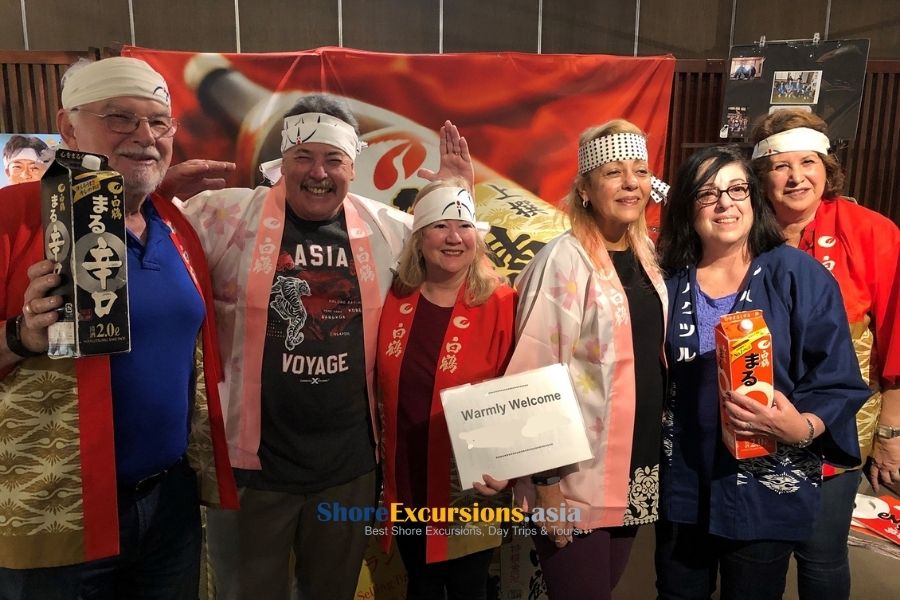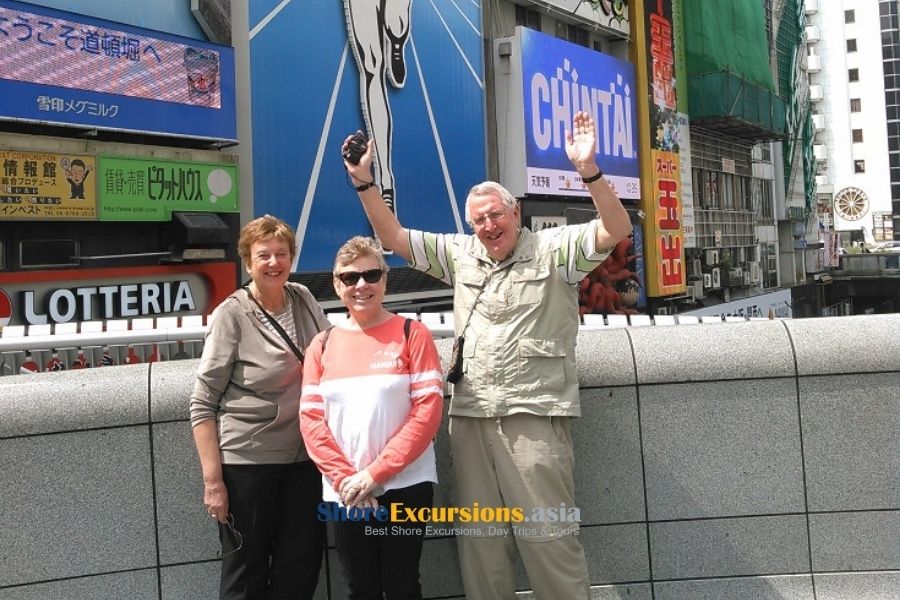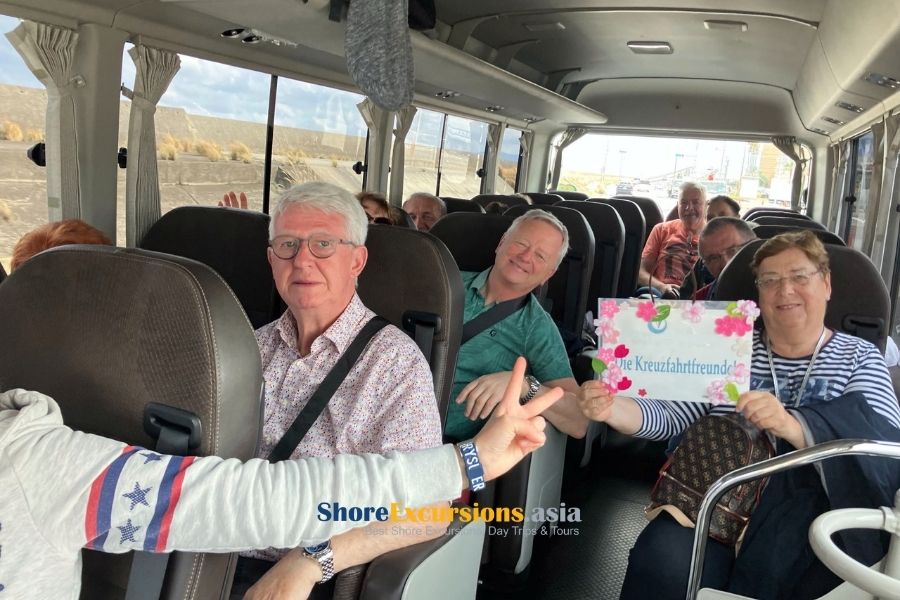About japan

Japan is beautiful year-round, but the most popular times are spring (March–May) for cherry blossoms and autumn (October–November) for colorful foliage. Summer offers festivals and fireworks, while winter is ideal for skiing and hot springs.
Yes. Japan is one of the safest countries in the world, with low crime rates, clean cities, and reliable public transport. Still, it's wise to follow standard travel precautions.
English is spoken in tourist areas, hotels, and major train stations, but not widely among the general population. Having a translation app or some basic Japanese phrases can be helpful.
The official currency is the Japanese Yen (JPY). ATMs are widely available, especially at convenience stores like 7-Eleven. Credit cards are accepted in many places, but cash is still essential, especially in rural areas and small restaurants.
Japan can be surprisingly affordable, depending on your travel style. Public transportation, street food, and budget accommodations are reasonably priced, though fine dining and shopping can be expensive.
Respect and politeness are key. Take off your shoes when entering homes or some traditional places, avoid loud conversations in public transport, and don’t tip—good service is expected and built into the culture.
Yes. You can rent pocket Wi-Fi, buy a Japanese SIM card, or check if your provider offers roaming in Japan. Free Wi-Fi is available in many hotels, cafes, and public spots.
Beyond sushi and ramen, try okonomiyaki, takoyaki, tempura, kaiseki (traditional multi-course meal), and regional specialties. Japanese food is fresh, seasonal, and beautifully presented.
Absolutely. Japan is clean, organized, and family-friendly. There are attractions for all ages, from historic temples to theme parks like Disneyland and cultural experiences like tea ceremonies.





